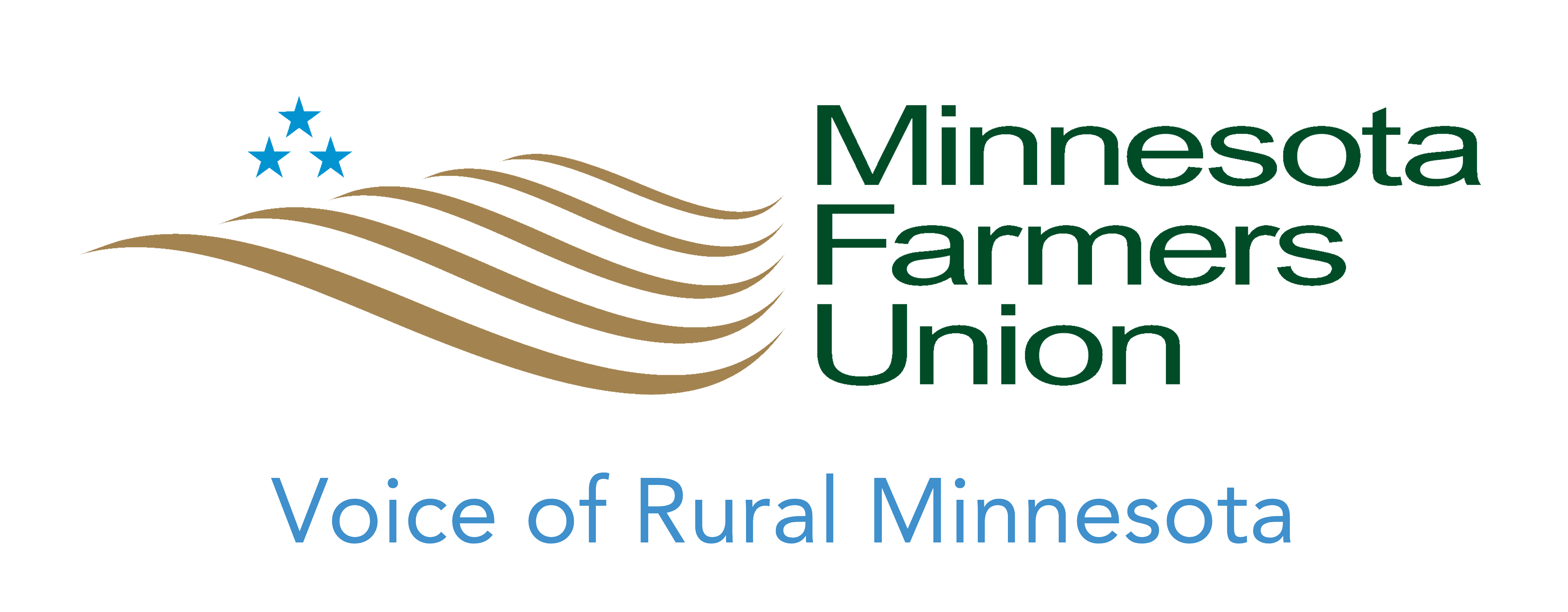Legislative Update: Conference committee negotiations underway
With less than three weeks until the state legislature’s deadline to adjourn on Monday, May 22, chairs in both bodies are busy negotiating the differences between House and Senate proposals on taxes, healthcare, transportation and agriculture. MFU’s legislative team is working to ensure that MFU’s priorities are reflected in a final deal.

Minnesota State Capitol on a sunny spring day.
Now is a good time for friendly reminders to lawmakers about what you want to ensure they get it across the finish line this session. You can read more about MFU’s priorities in past legislative updates and find contact information for your representatives here.
Conference committees are made up of 6 to 10 members from both the House and the Senate, appointed following the bill’s passage off the floor. The idea is that these lawmakers represent the position of their caucus and negotiate compromise between the parallel position in the other body. However—and unsurprisingly—it can be a little more complex.
First, these negotiations go three ways insofar as they involve the governor and executive agencies too. In agriculture, for example, while Commissioner Thom Petersen does not sit on the committee he is involved in helping Chairs Aric Putnam, DFL-St. Cloud, and Samantha Vang, DFL-Brooklyn Center, reach a final deal. Second, there’s no guarantee that aligned positions will be completely reflected in a final deal—and sometimes new provisions sneak into bills as well. In general, though, chairs are working to craft a final compromise bill that can pass both bodies and earn a signature from the governor.
On Monday, the conference committee for the omnibus agriculture finance bill (SF1955) held their first meeting to walk through the bill and hear public testimony. In his longer written comments to the committee, MFU President Gary Wertish laid out MFU’s support for establishing a grain indemnity fund, expanding investments in meat processing, supporting beginning and emerging farmers, investing in soil health, biofuels infrastructure, cooperative development, Forever Green research, dairy support, farm to school, and a host of other provisions.
“We appreciate your partnership and hard work to develop a proposal that will support family farmers, re-localize supply chains, lift up new farmers, and ensure the continued vitality of rural communities,” Wertish said. “We are proud to share our support for key initiatives included in both your proposals and look forward to continued conversation as the bill moves forward.”
MFU also led the committee on the witness stand, highlighting key parts of the letter and discussing how this budget can leverage the opportunity of a surplus to benefit farmers into the future.
Taxes
The Senate passed their omnibus tax bill, which includes an expansion of the Beginning Farmer Tax Credit, an increase of the ag homestead tax credit, and a new local government aid program for Soil and Water Conservation Districts (SWCDs). You can read more about what MFU has worked on in that proposal here.
Competition
On competition, MFU has continued to beat the drum on stronger antitrust enforcement, submitting a letter on behalf of a diverse coalition calling on the conference committee of the State Government omnibus bill to adopt Chair Ginny Klevorn’s, DFL-Plymouth, proposal to provide an additional $2.5 million for antitrust oversight (HF1830).
“Between 1997 and 2012 approximately 75 percent of industries became more consolidated, while the US economy grew 50 percent more concentrated since 2005,” reads the coalition letter. “At the current rate of consolidation, it is estimated that the US will have just one company by 2070.”
MFU has also continued to be leading voice in support of legislation to that would require the Attorney General to review large hospital mergers based on their effect on patient access, quality of care, and other metrics. In arguing for strengthened oversight, Wertish points out that Minnesota’s spending on hospital care outpaces that in other states.
“This should come as no surprise as a wide body of research has established that hospital mergers lead to higher prices, as does provider consolidation more generally, whether horizontal or vertical consolidation,” Wertish states in his written comments to the committee. “A study in the RAND Journal of Economics found that hospitals acquired by out-of-market systems increased prices by about 17 percent more than unacquired, stand-alone hospitals as well as driving up prices at nearby rivals.”
Also on healthcare, MFU Vice President Anne Schwagerl (Big Stone County) and longtime healthcare leader Cindy VanDerPol (Chippewa County) joined others to share their story on a widely attended virtual rally in support of expanding MinnesotaCare with a public option.
On the federal level, National Farmers Union (NFU) President, Rob Larew, joined the United States Senate Agriculture Subcommittee on Commodities, Risk Management, and Trade for a hearing titled “Industry Perspectives on Risk Management and Access to Credit,” Chaired by Senator Tina Smith, D-Minn. He spoke about NFU’s Farm Bill Priorities.
“We can all work together to ensure that the next farm bill is as strong as it can be through sound crop insurance and commodity programs,” Larew shared with the committee. “I also want to emphasize the importance of diversified income streams and opportunities, as well as the need for fair and competitive markets.”
You can read his full testimony here.
As always, this is just a snapshot of MFU’s legislative work. If you have questions, thoughts, or concerns, please reach out at stu@mfu.org or (320) 232-3047.
